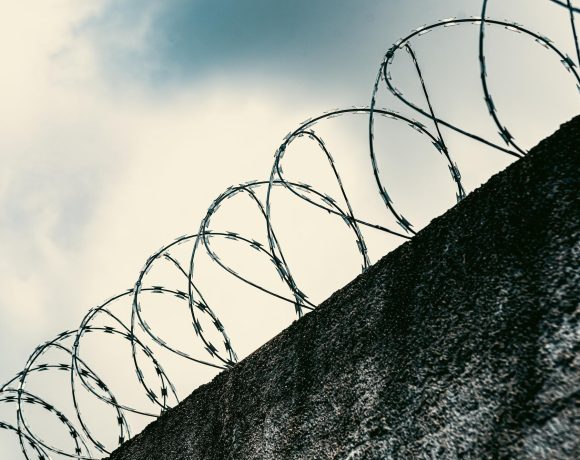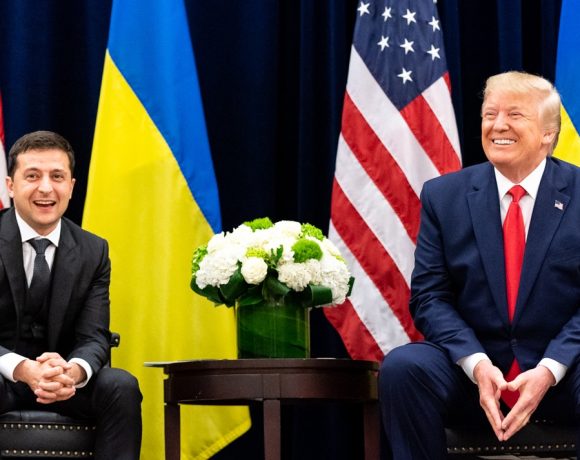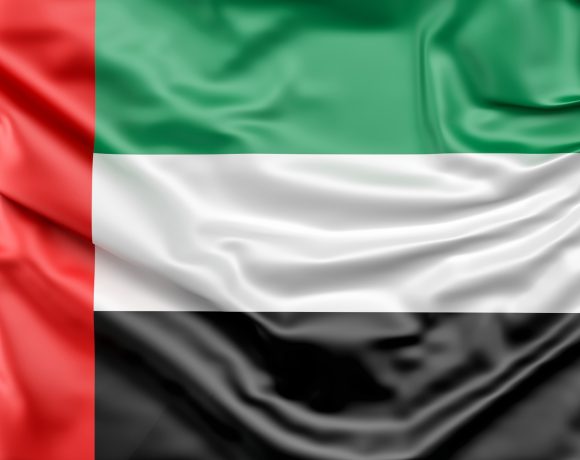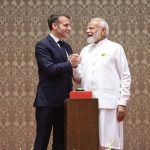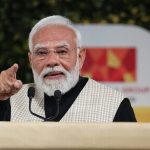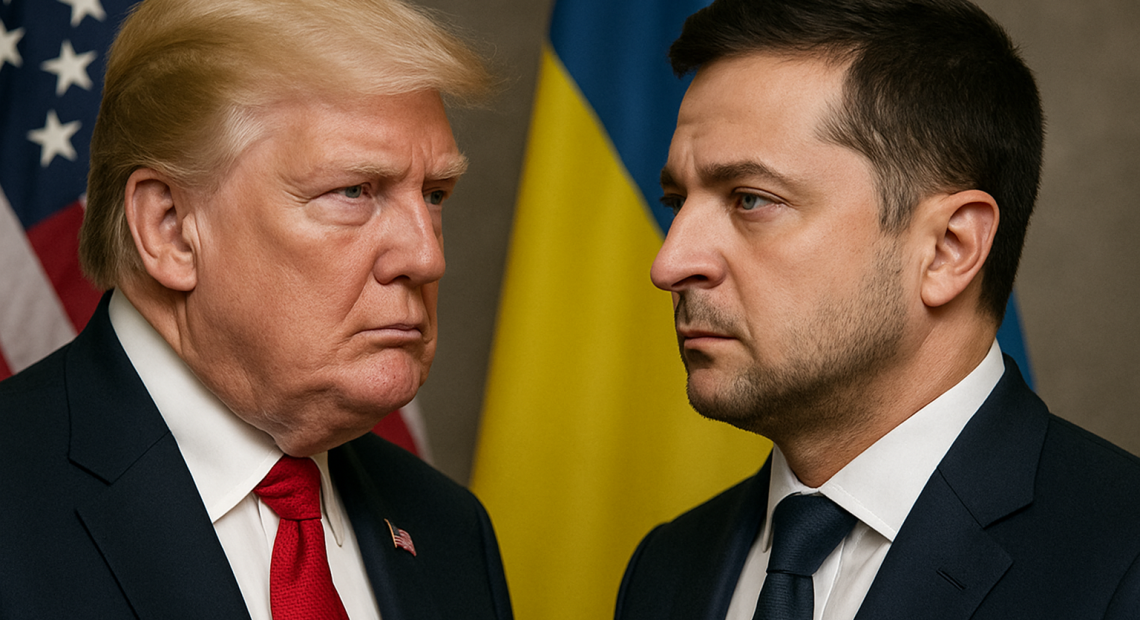
Trump Asserts Crimea’s Status, Opposes Ukraine’s NATO Bid
In a new interview with Time magazine, U.S. President Donald Trump made his stance on the Ukraine conflict sharply clear, stating that the occupied Crimean Peninsula “will stay” with Russia. This assertion comes at a time when discussions to end the prolonged war in Ukraine are intensifying.
Trump directly blamed Ukrainian President Volodymyr Zelensky for escalating the war, claiming he was responsible for “millions of deaths” due to his refusal to negotiate the cession of Crimea to Russia. He elaborated, “With that being said, will they be able to get it back? They’ve had their Russians. They’ve had their submarines there for long before any period that we’re talking about, for many years. The people speak largely Russian in Crimea. But this was given by Obama. This wasn’t given by Trump.”
He further emphasized that even Zelensky “understands” the future status of Crimea under Russian control and that “everybody understands that it’s been with them for a long time.”
Trump on Ukraine’s NATO Aspirations
Trump also dismissed the prospect of Ukraine joining NATO, identifying Kyiv’s NATO ambitions as a key trigger for the war. “I don’t think they’ll ever be able to join NATO,” Trump stated, adding, “I think that’s been — from day one, I think that’s been, that’s I think what caused the war to start was when they started talking about joining NATO. If that weren’t brought up, there would have been a much better chance that it wouldn’t have started.”
By highlighting Ukraine’s potential NATO membership as a provocation, Trump reinforced his longstanding argument that the conflict could have been avoided with different diplomatic strategies.
U.S. Proposals for Ending the Ukraine War
As part of ongoing negotiations to end the war, the Trump administration has put forward proposals suggesting Ukraine should renounce its bid to join NATO, although it “may pursue” European Union membership. In a bold move, the U.S. has offered “de jure” recognition of Russian sovereignty over Crimea and “de facto” acceptance of Russian control over significant portions of Luhansk, Zaporizhzhia, Donetsk, and Kherson regions—all areas seized by Russia during the conflict.
The peace framework also includes a “permanent” ceasefire, economic cooperation agreements, mineral resource deals, and a commitment to financial aid for Ukraine’s reconstruction. Significantly, Trump’s plan proposes lifting sanctions imposed on Russia since 2014, signaling a complete reset of U.S.-Russia relations if an agreement is reached.
Trump’s comments and proposals indicate a controversial but strategic vision for resolving the Ukraine war, centering on realpolitik and territorial concessions. Whether this approach gains traction on the international stage remains uncertain as Ukraine and its allies weigh the implications.


